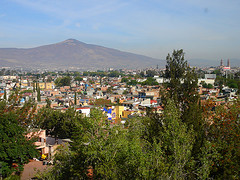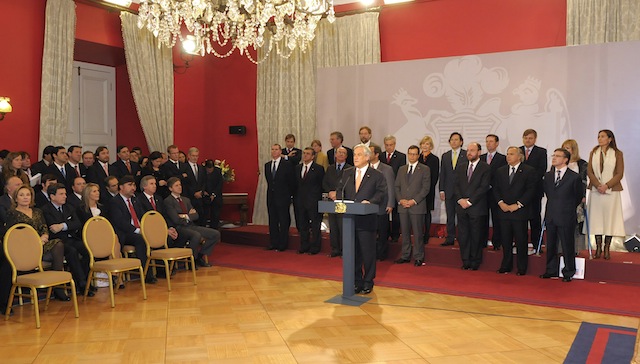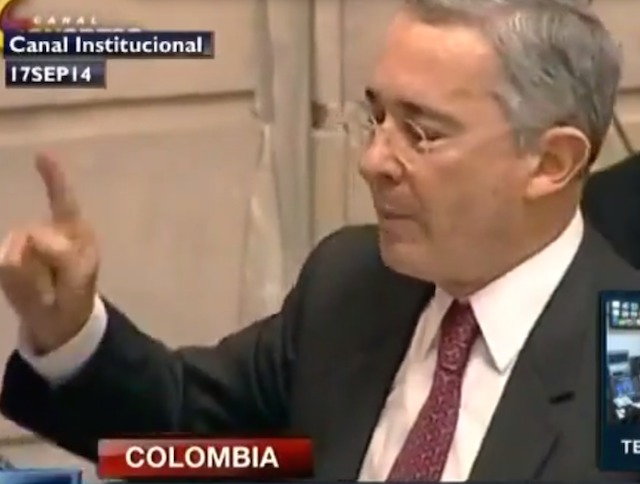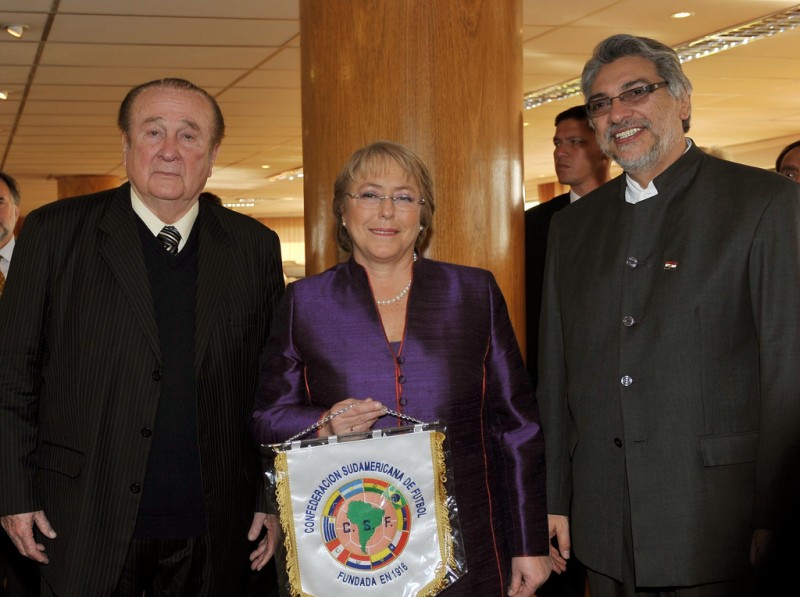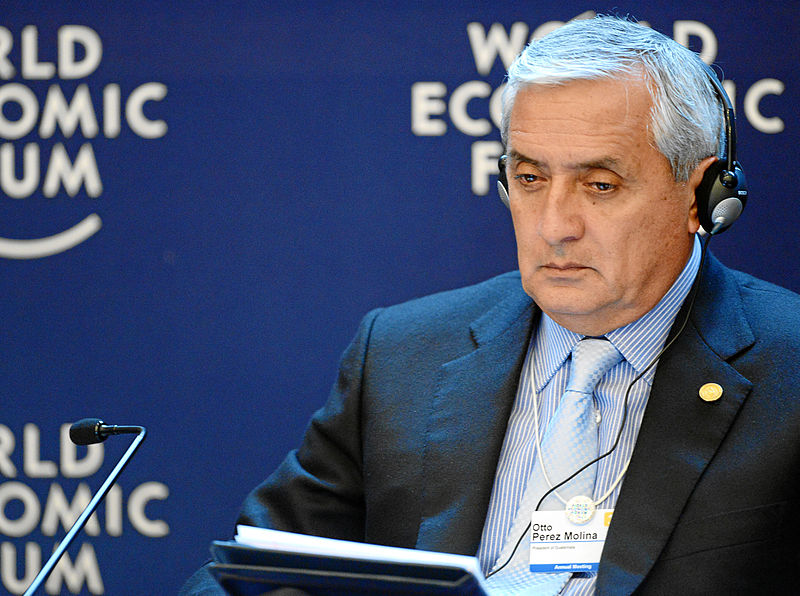
Central America, Guatemala, Latin America: Week in Review
Guatemalan Congress to Review Presidential Immunity Amid Corruption Scandals
June 11, 2015 By Staff
Top Story — Guatemala’s Supreme Court on Wednesday cleared the way for the legislature to decide whether it will pursue the impeachment of President Otto Pérez Molina, who has faced calls to step down in recent weeks over two corruption scandals that have forced many of his closest associates to resign.
A five-member congressional commission must now decide whether to strip Pérez Molina of his presidential immunity, an act that would be unprecedented in Guatemala’s modern history. If the president’s immunity is taken away, proceedings similar to impeachment would take place.
The court’s decision comes amid two corruption cases that have unseated a number of Pérez Molina’s closest allies, including his vice president, the head of the intelligence agency, the former president of the country’s central bank and a number of cabinet members.
One scandal, which brought down Vice President Roxana Baldetti, allegedly involved the acceptance of bribes from large businesses in exchange for lower customs fees — a plot allegedly masterminded by Baldetti’s secretary. The other scandal involved officials at the country’s Social Security Institute, who are accused of overpaying a Mexican pharmaceutical company in exchange for sizable kickbacks.
The scandals have resulted in large protests in Guatemala City calling for Pérez Molina’s ouster. The president, for his part, has denied any involvement in either scandal.
Headlines from the Western Hemisphere
North America
- Mexican farmers and drug cartels are increasingly turning to the production of poppy plants, taking note of high U.S. demand for heroin, according to a recent DEA report.
- Mexico’s government on Wednesday spoke out publicly against the state of Texas’ new $800 million border security plan, which calls for additional law enforcement personnel and a spy plane, among other things.
Caribbean
- Cuba’s Internet entrepreneurs are grappling with limited access to the web in order to take advantage of increased demand for their services, an effect of newly increased ties with the U.S. in recent months.
Central America
- Around 96 percent of the timber that is cut in the Panamanian province of Darien — located on the border with Colombia — is logged illegally, according to Panama’s environment minister.
Andes
- Gold smuggling is becoming increasingly common in Peru as illegal mining operations proliferate along the country’s border with Bolivia, from which much of the smuggled gold is exported to the United States and Europe, according to the Peru’s high commissioner on mining.
- Jailed Venezuelan opposition leader Leopoldo López, who faces charges connected with anti-government protests last year, has cited deteriorating health as a result of a 17-day hunger strike as the reason for refusing to show up to a recent court date.
Southern Cone
- Passions over the Falkland Islands were stoked on Wednesday in a confrontation between Argentina’s foreign minister and British Prime Minister David Cameron, who defended the United Kingdom’s claim to the territory during a diplomatic summit in Brussels.
- Student protests for education reform rocked Chile on Wednesday as the country prepares to host this year’s Copa América soccer tournament, with student leaders vowing to continue mobilizing during the competition.
- Brazil’s Supreme Court struck down a controversial law on Wednesday that allowed subjects of unauthorized biographies to block their publication.
